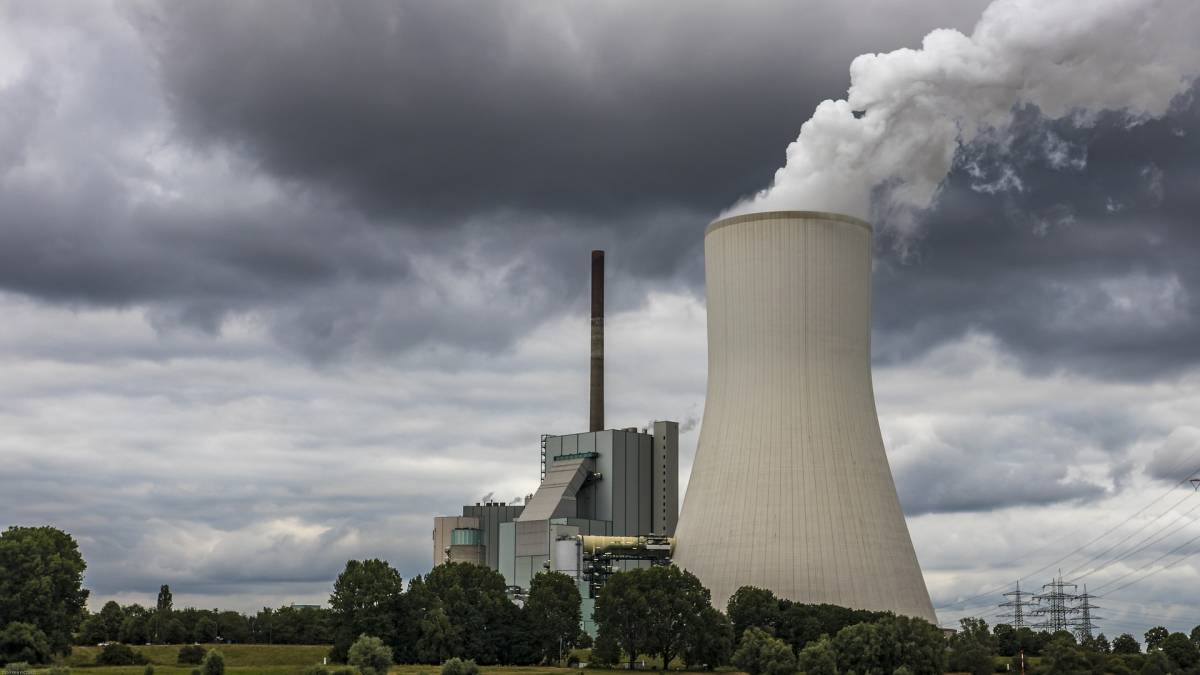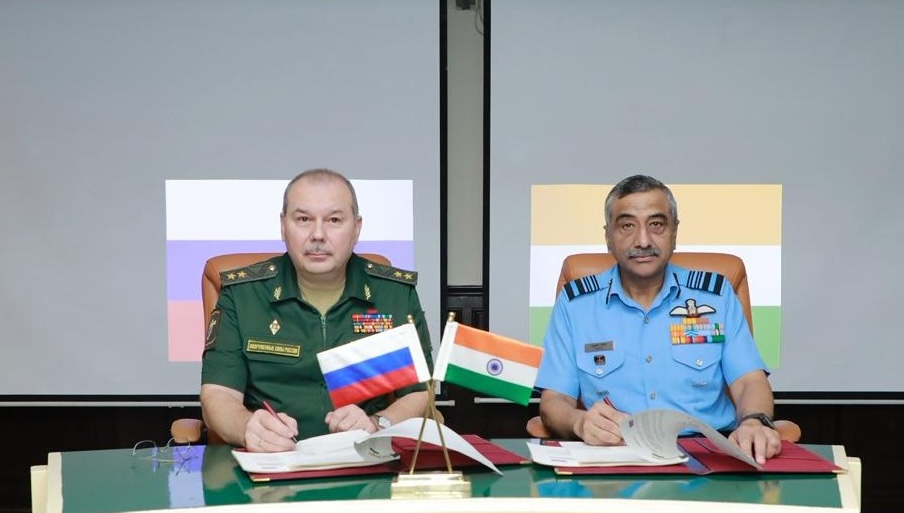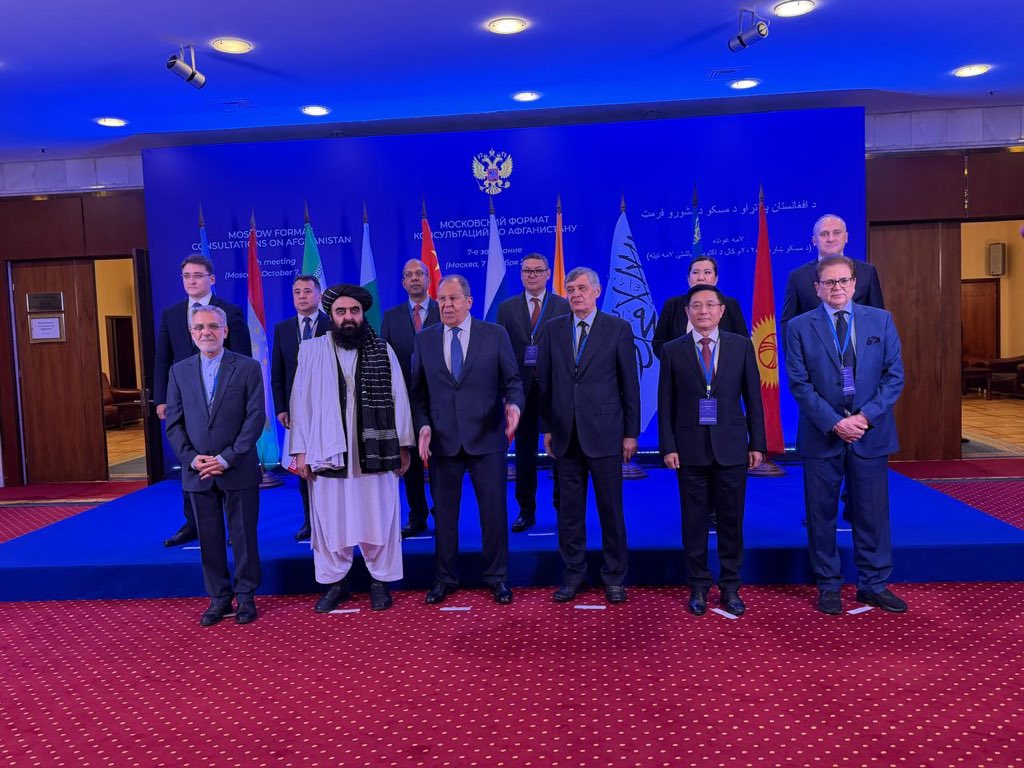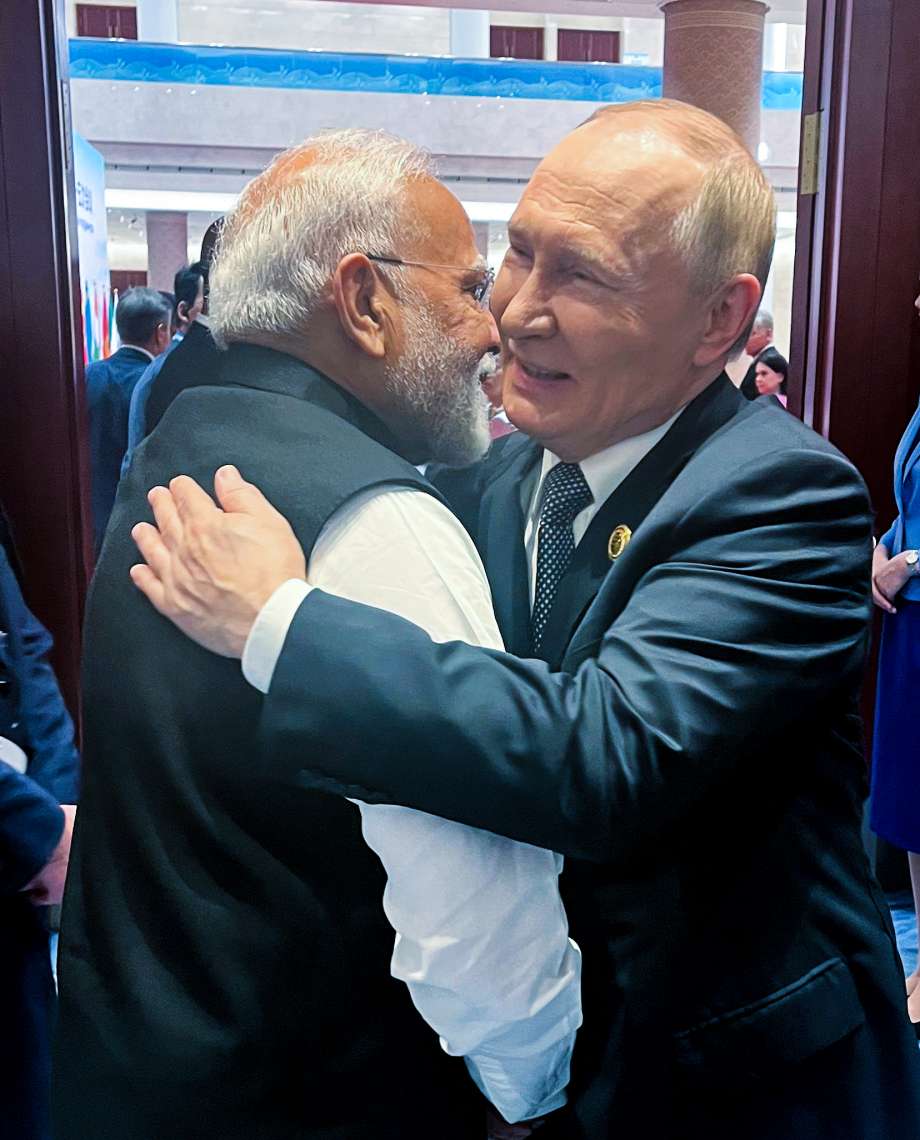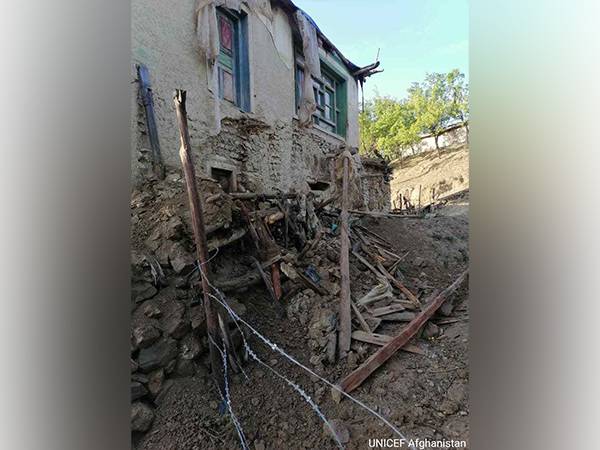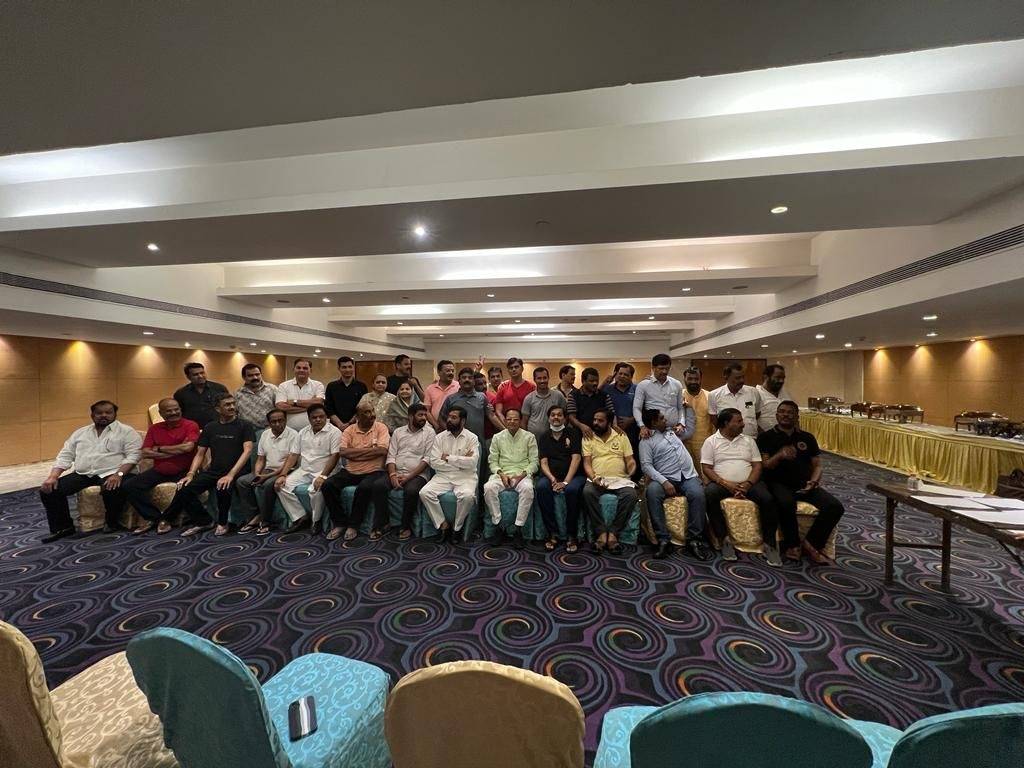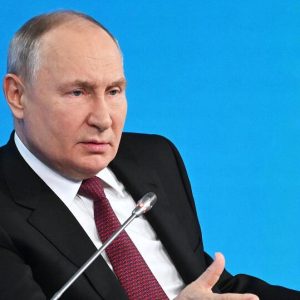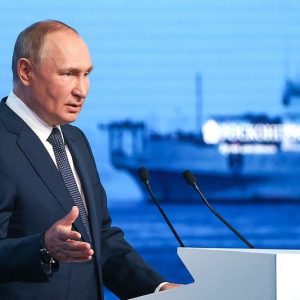This represents a “U-turn” from Europe’s efforts in recent years to foster new energy sources, restrict coal power generation in order to reduce greenhouse gas emissions…reports Asian Lite News
Many European countries are considering turning back to coal to secure energy supplies as gas supplies from Russia slump amid EU sanctions in recent weeks.
Germany, Austria, Poland, the Netherlands and Greece are among the first European nations to reopen coal power plants or take measures to support coal power, underlining the importance of energy supply security in the upcoming winter, Xinhua news agency reported.
This represents a “U-turn” from Europe’s efforts in recent years to foster new energy sources, restrict coal power generation in order to reduce greenhouse gas emissions and reduce the proportion of coal power in the energy mix.
UNEXPECTED SITUATION
The European Commission noted on Monday that “some of the existing coal capacities might be used longer than initially expected” because of the new energy landscape in Europe.
“We know that the energy mix and the plans of member states will adjust slightly because we are in an unexpected situation,” Commission spokesman Tim McPhie said at a press briefing.
Russia’s energy firm Gazprom has significantly reduced the flow of gas through the Nord Stream 1 pipeline to Germany recently.
Following the gas supply cut, the German government introduced on Sunday several energy-saving measures, which include reducing the use of gas for power generation and industrial activities, and filling up storage facilities.
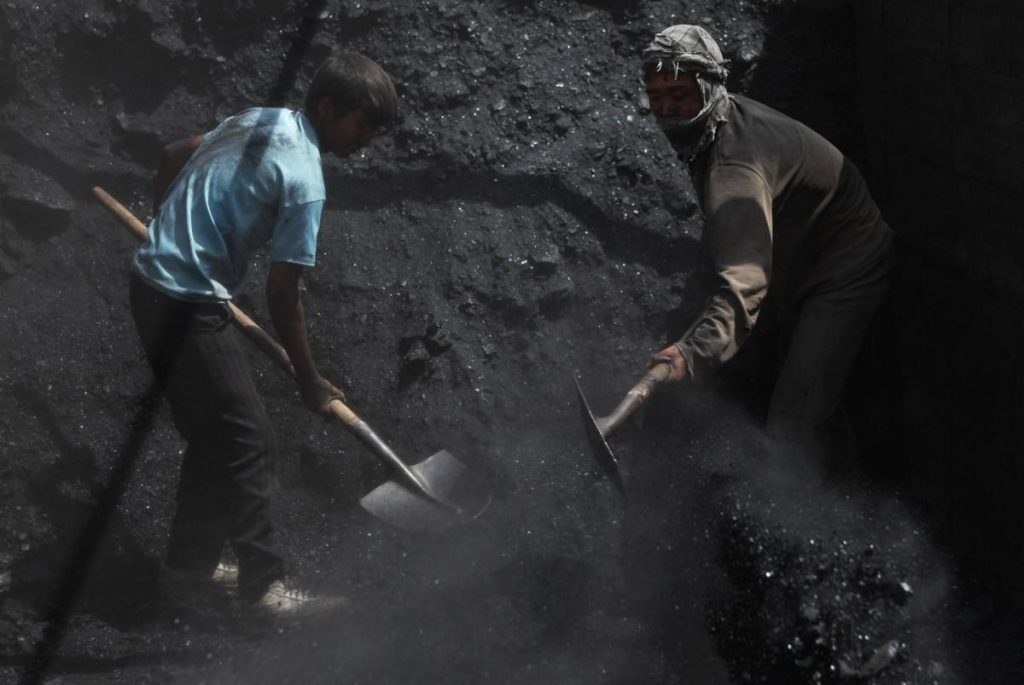
“Gas consumption must continue to fall, and more gas must be put into storage, otherwise things will really get tight in winter,” German Minister for Economic Affairs and Climate Action, Robert Habeck said on Sunday.
Austrian energy company OMV said on Monday that the country was set to receive half the usual amount of natural gas from Russia for a second day. Austria gets about 80 per cent of its natural gas from Russia.
The energy crisis has also caught Greece in a difficult situation during its transition to green economy.
Coal production has been ramped up at Greece’s largest coal mine near the northern city of Kozani.
While inaugurating a new solar facility in northern Greece in April, Greek Prime Minister Kyriakos Mitsotakis announced a 50 per cent hike in lignite production through 2024 to build up reserves. Plans to retire more coal-fired power stations are halted.
“Certainly, for the next two years, it would make sense increasing coal-fired energy generation by ramping up its mining by 50 per cent so that we cut reliance from gas in the short-term,” Mitsotakis said.
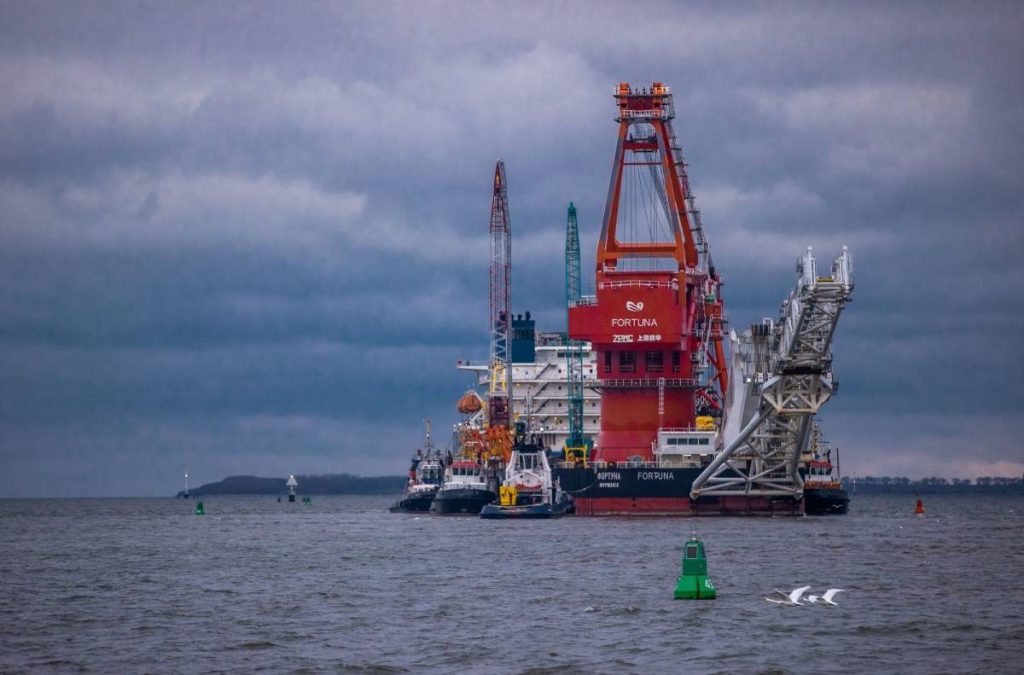
TEMPORARY MEASURES?
The Russian-Ukrainian conflict forced many European nations to reconsider their energy supplies. They insisted that the “reverse” of the energy policy and measures are short-lived and will help avoid gas shortage in the upcoming winter.
The German government said that gas power plants were replaced with coal-fired power plants for electricity generation to reduce gas consumption, while insisting that the surprise U-turn on energy policy did not mean a withdrawal from the coal exit plan.
Before the conflict, the German government alliance had even decided to bring the coal phaseout forward, “ideally” from 2038 to 2030.
In the first quarter of the year, coal remained Germany’s most important energy source, accounting for 31.5 per cent of total electricity production.
The Dutch government has also given the green light to coal-fired power stations, which are allowed to run at full power until 2024.
By increasing coal production, the Dutch government hopes to save 2.3 billion cubic metres of gas each year.
In another development, Austria announced on Sunday that it would reopen a mothballed coal power plant to cope with potential power shortages due to reduced natural gas supplies from Russia.
The Austrian government said it would work with electricity supplier Verbund Group to reactivate the plant in the southern city of Mellach.
In addition, Poland, one of the European Union’s most coal-dependent country, has announced measures to subsidise coal for households and housing cooperatives amid coal shortages and soaring prices.
Around 70 per cent of Poland’s electricity comes from coal, by far the highest proportion in the European Union. One-third of the Polish households use coal to heat their homes.
Under the Polish government’s proposals, consumers will be able to buy up to three tons of coal at around 1000 zlotys ($227) per ton, while the market price can reach up to 3000 zlotys ($681) per ton, largely due to the country’s ban on Russian coal imports in April. (1 zloty= $0.227)


